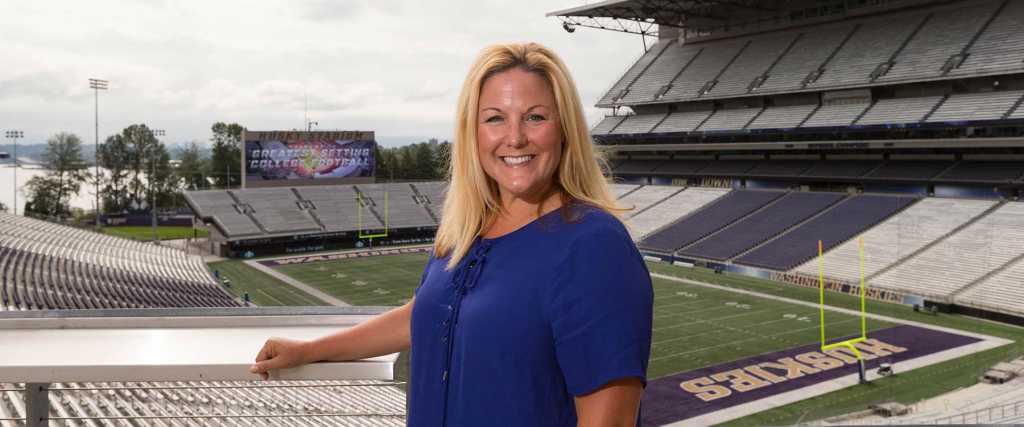Page 513 • (5,202 results in 0.03 seconds)
-
. Certain kinds of research are never eligible for exemption (i.e., FDA-related research and incarcerated persons). The six categories of exempt research include:Category 1: Normal Educational Practices & SettingsResearch conducted in established or commonly accepted educational settings, involving normal educational practices, such as (i) research on regular and special education instructional strategies, or (ii) research on the effectiveness of or the comparison among instructional techniques
-
PLU Helpdesk at 253-535-7525 if you have any questions. FERPA Policy Acquaint yourself with our policies designed to protect the privacy of education records by reviewing the Student Code of Conduct. Faculty Handbook Our robust Faculty Governance system is a hallmark of PLU’s educational culture. Bookmark the Faculty Handbook for later (and frequent!) reference. Banner Self-Service Banner Self-Service is a web-based application that can be used to submit course grades, view/print course rosters
-
Testing in the School of Nursing is a high-stakes process for students, an essential component of student learning, and a formal component of program curriculum. Testing is one essential method of assessing student learning, program outcomes, and program quality. As such it must be managed with purpose, integrity, consistency across the curriculum, and accountability for the education we provide. Testing also provides feedback to the students, which is particularly important in their mastery of
-

Environmental Studies. He’s been honored for his efforts in advancing scientific education by NATO, an NDEA Fellowship and a Faculty Development Award from the National Science Foundation; is a member of academic scientific societies such as the American Chemical Society and Alpha Chi Sigma; and has published many peer-reviewed articles on his research. (Photo: John Froschauer/PLU) PLU Professor Emeritus of Chemistry Duane Swank works with a student during PLU's Advanced Placement Summer Institute
-

athletes. “We feel like our students are students first,” said Cohen, who earned her master’s degree in sports administration at Pacific Lutheran University. “For me, this is all about education.” And Cohen walks the walk. During a recent tour of Husky Stadium, she gazed up at what the football staff calls the “3.0 wall,” bragging about running out of room to showcase photos of all the football players with high grade point averages. “It’s really special,” she said. “I love that we can be successful in
-

of public education positions, including as teacher at Peninsula and Henderson Bay High Schools, the Peninsula School District liaison for the home-school program and a drop-out prevention specialist. “We see tremendous growth in the students referred to our programs,” continues Shultz. “For example, last year students enrolled in our reading programs improved on average by one full grade level, and for math students the average improvement in scores was 33 percent.” Speer has served as the
-

might not understand the ins and outs of higher education. For those learning to navigate the language and culture of college, here are five things every current and incoming first-in-the-family student should know. Read More Pave the Way Maria Chávez, chair of politics and government, pulls from her own first-generation experience as she addresses the opportunity gap in her work. She brought her story to an annual conference in the fall, which aimed to advance equity, expand opportunity and
-
& Student Connections and the Wang Center for Global Education is offering an educational travel seminar to Namibia with an optional excursion to Sossusvlei. Join Paula Leitz, PLU professor emeritus, and Steve Leitz, retired principal, on a guided tour through Namibia’s amazing and varied landscapes, see wild animals in their habitat, and experience the culture, traditions and languages of Nambia’s people. Open to PLU alumni, families and friends. Registration is open now and is limited to 15 attendees
-

? A huge learning curve. I was terrified and excited, especially working with such amazing people. And writing for the human voice — I had sung in choirs but opera was a whole new musical world. It was very humbling in a lot of ways. I studied a lot, listened to a lot of singers, wrote a lot, shared with Stephen, wrote again, shared again. The opera was workshopped twice with the singers and that was the biggest education for me because I was getting immediate feedback: “Can you hold that note
-
. Lorna Rodriguez ’11 Lorna Rodriguez, class of 2011, works as a substitute teacher in the San Francisco Bay Area and is pursuing her teaching credential and Master of Arts in Education. Most recently, she wrote stories and managed the newsletter for The Nueva School, an independent school for gifted students. She previously covered education and small cities as a reporter for small newspapers on the Southern Oregon Coast and in Humboldt County. While a student at PLU, Lorna participated in a variety
Do you have any feedback for us? If so, feel free to use our Feedback Form.


